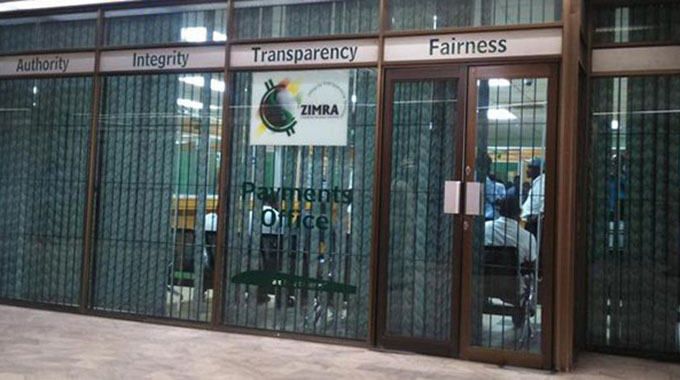City steps up anti-cholera drive in GV

Ivan Zhakata Herald Correspondent
Harare City Council and the United Nations Children’s Fund (Unicef) have partnered to replace 2 000 rusty water valves and a six-kilometre stretch of pipes in Glen View to improve hygiene and sanitation in the high- density suburb.
Glen View was among suburbs worst hit by cholera and typhoid outbreaks in Harare owing to erratic water supplies, sewer pipe bursts and non-collection of garbage.
The works started last Friday and will see major water valves and other related connections in Glen View being replaced.
Council’s corporate communications manager Mr Michael Chideme confirmed the development, saying work was progressing well.
“Our partnership with Unicef, GIZ and Vitens Evides International (VEI) will see the replacement of all major valves in Glen View, replacement of 6km of pipework and replacement of 2 000 water meters and their associated connections,” he said.
“The work, which has already started, is scheduled to be completed by June this year. It is expected that there will be massive improvement in access to water for the residents of Glen View,” said Mr Chideme.
“The city will continue to work with all its strategic development partners, including Government to increase the efficiency and resilience of the WASH (Water, Sanitation and Hygiene) infrastructure as a strategy to completely eradicate cholera and other water-related diseases.”
The Government recently rolled out an oral cholera vaccine programme in high-density suburbs, including Glen View.
Cholera and typhoid had almost become endemic in southwestern Harare high-density suburbs, with public health experts blaming poor water and sanitation provision in the affected areas.
In Glen View, water supply is erratic, forcing residents to resort to unprotected sources while garbage is rarely collected.
Council has been blamed for not responding quickly to sewer pipe bursts giving sewage time to seep into the ground and contaminate underground water which residents rely on in the absence of tap water.
Glen View is one of the high-density areas in Harare which had a number of boreholes drilled by the Government in response to water shortages, while the residents themselves also dug shallow wells at their homes, most of which are contaminated by sewage through seepage.










Comments